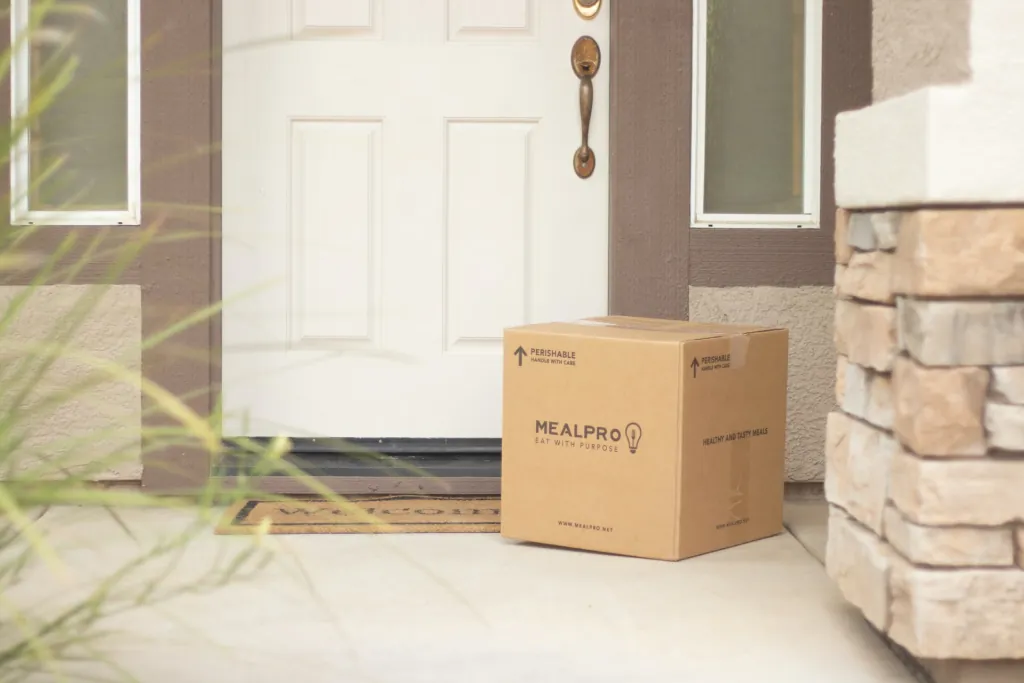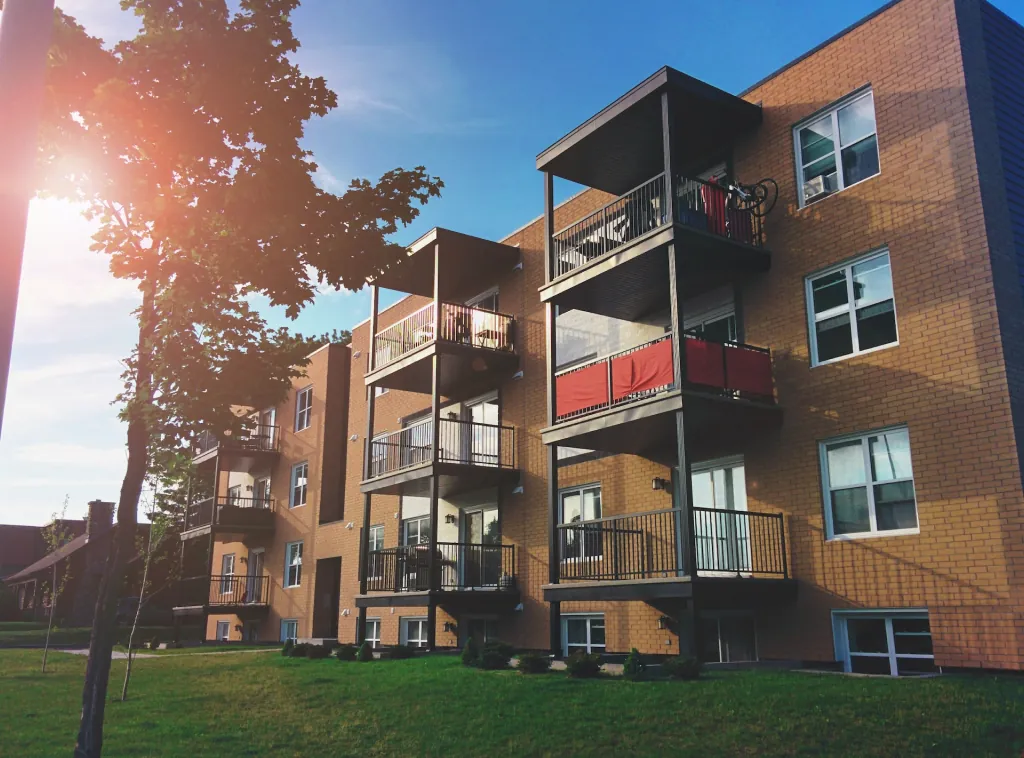Credit: Image by inboundREM | Source
The Financial Landscape of Home Buying in Missouri
Why Closing Costs Matter
Closing costs are the fees you must pay to finish the real estate transaction and get the house key if you are a buyer. The closing costs can add up quickly and are very important on the total expenses you must pay when buying a house.
It is essential to understand it so that you will know what costs include and can budget for it so that you won’t be surprised by the extra expenses aside from the home’s purchase price.
How Missouri Compares to Neighboring States
As mortgage rates increase, closing costs are also rising across the country. Nevertheless, Missouri is among the states where closing costs are relatively low, averaging just $2,061 when you include taxes for 2021.
Here are the average closing costs in Missouri and its neighboring states, from the highest to the lowest.
| State | Average Home Price | Average Closing Costs with Taxes | Average Closing Costs without Taxes |
|---|---|---|---|
| Illinois | $283, 313 | $5,929 | $4,733 |
| Tennessee | $280,571 | $3,911 | $2,694 |
| Iowa | $201, 306 | $3,146 | $2,741 |
| Arkansas | $204, 451 | $3,115 | $2,281 |
| Oklahoma | $188,899 | $2,893 | $2,507 |
| Kentucky | $202,108 | $2,802 | $2,546 |
| Kansas | $284,057 | $2,793 | $2,793 |
| Nebraska | $227,363 | $2,781 | $2,210 |
| Missouri | $245, 985 | $2,061 | $2,061 |
How Much Are Closing Costs in Missouri?
Typical Range for Closing Costs
How much are closing costs in Missouri depends on whether you are a buyer or seller.
Homebuyers are expected to pay around 2% to 5%, while sellers are expected to pay about 8% to 10% of the home’s purchase value.
Let’s put it in a number to understand better. The average home value in Missouri is $239,406 as of October 2023. If you were to buy or sell a house around that range, here’s the breakdown of the approximate amount of how much are closing costs in Missouri:
Buyer
| Home Purchase Price | Buyer’s Closing Cost (2% to 5%) | Total Upfront Cost (With 20% Down Payment) |
|---|---|---|
| $119,703 | $2,394.06 to $5,985.15 | $26,334.66 to $29,925.75 |
| $179,555 | $3,591.09 to $8,977.73 | $39,501.99 to $44,888.63 |
| $239,406 | $4,788.12 to $11,970.30 | $52,669.32 to $59,851.50 |
| $359,109 | $7,182.18 to $17,955.45 | $79,003.98 to $89,777.25 |
| $478,812 | $9,576.24 to $23,940.60 | $105,338.64 to $119,703.00 |
Seller
| Home Purchase Price | Seller’s Closing Cost (8% to 10%) |
|---|---|
| $119,703 | $9,576.24 to $11,970.30 |
| $179,555 | $14,364.36 to $17,955.45 |
| $239,406 | $19,152.48 to $23,940.60 |
| $359,109 | $28,728.72 to $35,910.90 |
| $478,812 | $38,304.96 to $47,881.20 |
Factors Affecting the Costs
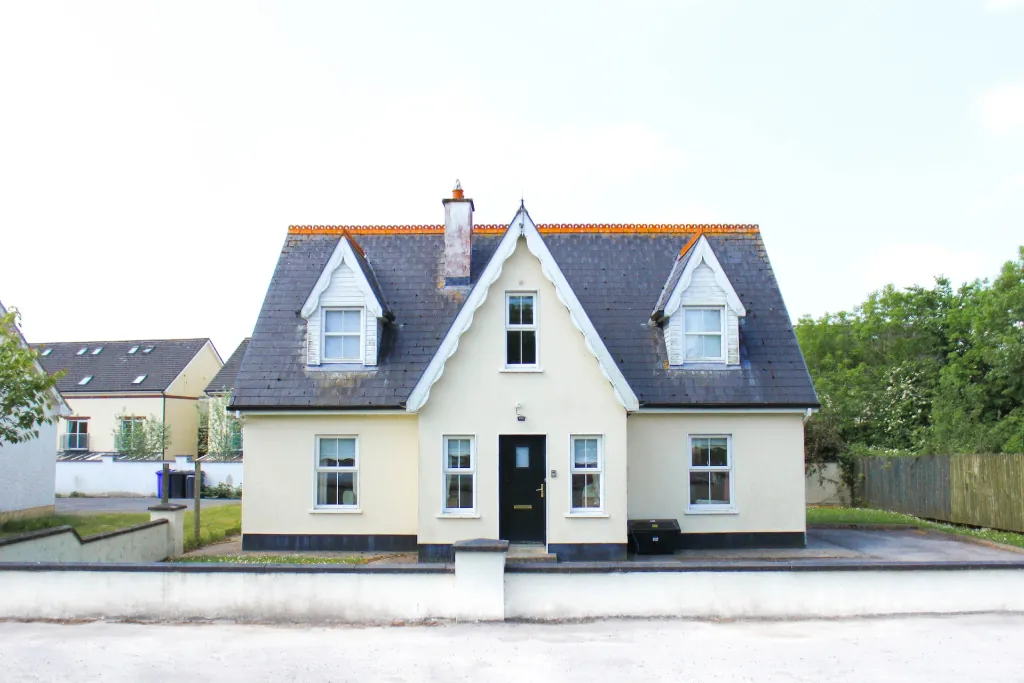
Photo by Dhruv Mehra on Unsplash
Different factors affect the closing cost depending on the buyer and seller agreement. Here’s the breakdown of the costs you can expect that affect how much are closing costs in Missouri are and who pays each closing costs category:
| Closing Cost | Who Pays? | Average rate |
|---|---|---|
| Appraisal Fee | Buyer | $250 to $350 |
| Loan Origination Fees | Buyer | 0.5% to 1% of the total loan amount |
| Home Inspection | Buyer / Seller | $325 to $400 (varies on size and inspection type) |
| Attorney’s Fee | Buyer / Seller | $275 per hour |
| Title Search Fee | Buyer / Seller | $100 to $250 |
| Recording Fee | Seller | $600 and $700 (Depending on the county) |
| Prepaid Interest | Buyer | Based on the loan amount |
| HOA Fee | Seller | Varies |
| Courier Fee | Buyer | $30 to $50 |
| Homeowners Insurance | Buyer / Seller | Depends on home value and location |
| Lender’s Title Insurance | Buyer | Varies |
| Homeowner’s Title Insurance | Buyer / Seller | 0.5% to 1.0% of the home's purchase price |
Types of Closing Costs You Might Encounter
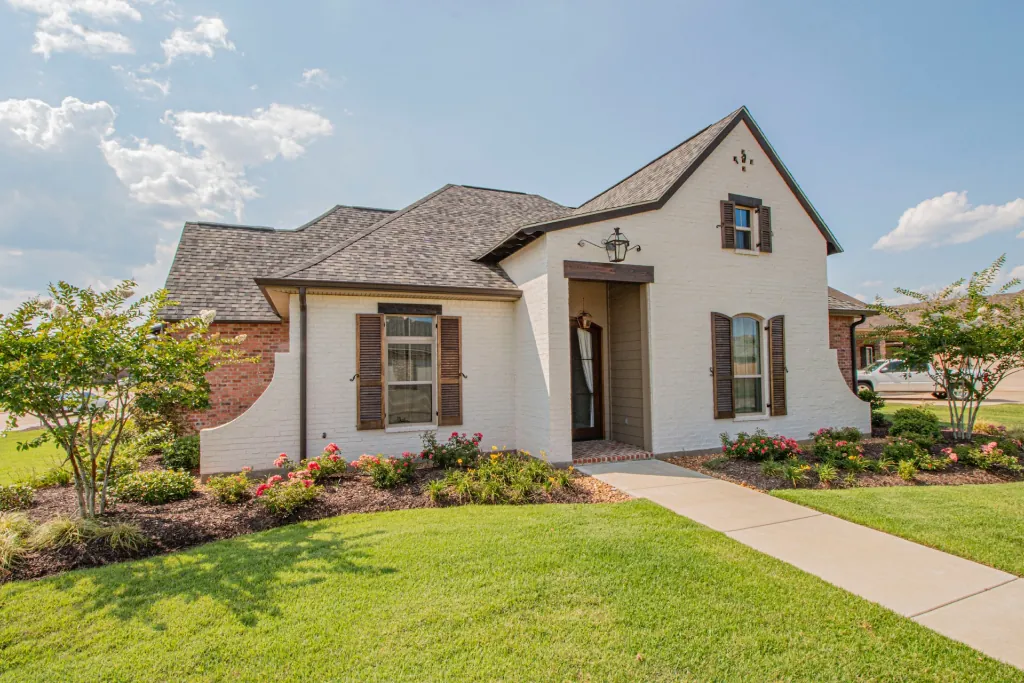
Photo by Ronnie George on Unsplash
Appraisal Fees
The appraisal fee covers the expenses incurred when having a professional appraiser assess the property’s current value, which helps lenders ensure that the property’s value matches or exceeds the loan amount you’re applying for.
The appraiser will visit and assess the home’s condition, location, and size, to name a few, to prepare a report.
The homebuyer pays the home valuation, especially if the purchase involves a mortgage. However, if the seller wants to get the house appraised before selling it, they will pay for the appraisal.
Missouri’s average home appraisal value is about $250 to $350, depending on the location, property size, loan type, and appraisal checklist complexity.
As stated, property size is one of the factors affecting appraisal fees. As the size of a home increases, so does the appraisal fee. Here’s the approximate cost of the appraisal fee depending on the property’s size:
| Property Size | Appraisal Fee Cost |
|---|---|
| 1200 sqft | $250 to $350 |
| 1400 sqft | $325 to $425 |
| 1700 sqft | $375 to $500 |
| 2000 sqft | $425 to $525 |
| 2500 sqft | $500 to $600 |
In real estate, there is a $500 rule, which is an excellent way to raise the value of your home. This rule suggests that every house issue can add up when multiplied by $500. Thus, it is crucial to do minor repairs rather than ignoring them when showing the property to an appraisal.
These minor repairs can affect the value of your home, so repair it no matter how slight the problem is.
Loan Origination Fees
Loan origination fees are payments that the lender will require when getting a mortgage or loan to prepare, from the application to pre-approval letters for your house hunting and processing the loan at closing.
In Missouri, the loan origination fee is about 0.5% to 1% of the total loan amount. The loan origination cost can vary from lender to lender, so it is a good practice to shop around for lenders and compare their offers.
Home Inspection Fees
A home inspection in Missouri costs between $325 to $400, depending on the property’s size and the type of inspection. Here’s the breakdown of the home inspection based on the property’s square foot:
| Property Size (in sqf.) | Average Home Inspection Cost |
|---|---|
| Less than 1,000 | $242 |
| 1,001 sqft to 1,500 sqft | $280 |
| 1,501 sqft to 2,000 sqft | $290 |
| 2,001 sqft to 2,500 sqft | $307 |
| 2,501 sqft to 3,000 sqft | $323 |
| 3,001 sqft to 3,500 sqft | $338 |
| 3,501 sqft to 4,000 sqft | $365 |
| 4,001 sqft to 6,000 sqft | $421 |
Buyers usually pay for the home inspection, but the seller can pay for it if they perform a home inspection before selling the house and accepting an offer.
Attorney’s Fees
Attorneys charge hourly rates or work on a fixed fee basis, and in Missouri, the cost for a real estate attorney is typically around $137 and $596 per hour, with an average hourly rate of $275.
These fees are not mandatory in Missouri. However, some buyers or sellers hire one for legal advice and contract review to ensure the transaction complies with the laws and regulations.
Title Search Fees
The title search is crucial to avoid being a victim of title fraud. When a seller sells their home, the property’s ownership must be transferred to the buyer, but how can you guarantee that the seller is the right owner? This is where the title search enters the scene.
The title search will assess past bankruptcies, divorces, deaths, county land records, state and federal tax liens, and court documents and vet the seller’s ownership of the house to generate a title report (Ownership and Encumbrance Report).
The seller usually pays for the title search, which will cost around $100 to $250 for a standard single-family home.
Recording Fees
When buying or selling a property, various legal documents must be filed with the county or local government, ensuring a legal and public record of the real estate transaction.
The seller is responsible for settling the recording fee In Missouri, which can vary between $600 and $700, depending on the county.
Prepaid Interest Costs
When purchasing a house, most buyers take a mortgage to pay for it. However, when getting a mortgage, you are charged an interest. You must pay the interest on agreed years to the bank or lender for letting you borrow their money.
You must pay a portion of the loan and interest on the final step of purchasing your home. But since the transaction is not done and you haven’t lived in the house yet, you need to make an initial payment to cover the interest that will build up for the part of the month when you will officially own the house.
This initial payment is the prepaid interest to ensure buyers pay the interest for the first partial month of the mortgage.
Buyers typically pay prepaid interest, which depends on the mortgage rate as the interest rate adjusts depending on how long it takes to close the deal.
To calculate, divide your total annual interest rate by 365 days, then multiply it by the amount of your home loan, giving you your daily cost. You can multiply the daily cost by the days between signing your mortgage and making your first payment.
Property Taxes
Sellers have to pay a portion of the property tax based on the duration they owned the home. Afterward, the buyer will be responsible for the property taxes for the part of the year they will own the property.
The amount of property tax is calculated based on the date of purchase at closing. Missouri’s property tax rate is 0.96% of the property value and can be paid annually or during the real estate transaction.
However, it is essential to know that tax rates can also vary in different counties within Missouri. For example, Kansas City has an average tax rate of 1.387%, Springfield, MO, has a 0.871% average tax rate, while Columbia, MO, has a tax rate of 0.960%.
HOA Fee
Before the closing date, the seller has to pay the fee due if they are part of the Homeowners Association (HOA). Otherwise, there will be a problem in closing the real estate transaction. If the seller fails to pay HOA fees before the closing, the HOA can claim a legal right to your house and might initiate foreclosure.
Homeowner’s Insurance Fees
Most of the time, a lender requires homeowners insurance to protect their investment. Buyers have to pay a year’s insurance fee at closing. But even though you have paid for the entire year, you will still start a monthly payment for your insurance.
It helps ensure that when the next insurance bill comes, a year after you buy the house, there’s already enough money in your escrow account to cover it, and you won’t fall behind on due payments.
This is only possible when you have an escrow account, simplifying the tracking process for homeowners and lenders.
Homeowner’s Title Insurance Fees
While homeowner’s insurance provides financial protection for the property, homeowner’s title insurance protects the buyer regarding legal ownership of the property.
It helps the homeowner safeguard their investment by covering potential problems related to the house’s title, such as undiscovered liens, ownership disputes, forgeries, or errors in public records.
If a title issue threatens your ownership rights, the homeowner’s title insurance policy can help the owner with legal costs or financial losses.
In most cases, the seller pays the homeowner’s title insurance to make the deal more attractive to buyers, but negotiation between the buyer and seller is possible. In Missouri, Homeowner’s title insurance costs about 0.5% to 1.0% of the home’s purchase price.
Courier Fees
The courier fees are the charges by the lender for transporting documents, like contracts and mortgage documents, between various parties involved in the real estate transaction.
Lender’s Title Insurance Fees
A lender’s title insurance protects the bank or lender against issues with the property’s ownership or legal rights. The lender wants to ensure they are lending money on a property with a clear and valid title. In Missouri, the buyer pays for the lender’s title insurance, which can sometimes be negotiable with the seller.
Importance of Preparing for Closing Costs

Photo by Sandy Millar on Unsplash
Setting A Realistic Budget
Buying a home goes beyond the property’s purchase price and mortgage, so it is important to be familiar with closing costs and estimated fees. Once you have an idea of the possible cost of how much you will spend on a closing cost, ensure that it is within your budget to avoid straining your finances.
Usually, when you apply for a loan, the lender will provide a document called a loan estimate, which outlines the estimated closing costs. It will be beneficial to review the loan estimate to understand the expenses you are expected to pay and set a realistic budget for it.
Again, remember that Missouri closing costs for buyers are about 2% to 5% of the home’s purchase price. Keeping a fund dedicated to closing costs will be helpful so you will not be caught off guard.
Avoiding Last-Minute Surprises
Doing some steps to avoid last-minute surprises during closing costs will bring you a smooth and stress-free experience in closing the transaction and avoid unexpected expenses or delays in the final stages of the home purchase.
To avoid last-minute surprises during closing costs, it will be an excellent idea to think and save for closing costs on top of your down payment while still looking for a home. It will be helpful if you already have a budget or funds dedicated to closing costs.
Three days before the closing, the lender will give you a closing disclosure outlining all the costs you need to pay. Review it carefully and compare it to the loan estimate you received earlier. If there’s something unclear to you or you have any questions, feel free to ask the lender or your real estate agent to clarify things.
Problems may still arise, regardless of whether you have researched closing costs. Still, by carefully reviewing documents, communicating and asking questions to your lender or real estate agent, and being financially prepared, you can minimize last-minute surprises and ensure a successful closing process.
Ways to Reduce Closing Costs in Missouri

Photo by Towfiqu barbhuiya on Unsplash
1. Negotiating With The Seller
Buyers usually cover more closing costs than the seller. Still, negotiating can knock down various fees by a few hundred dollars and lessen your financial burden when finalizing the home’s purchase.
However, keep in mind that negotiating depends on the market’s condition. For instance, if there’s less competition on the house being sold, you can negotiate to lower the sale price, as some closing costs are the percentage of the home’s purchase price.
Others may cover some of the closing costs. On the other hand, if you are in a seller’s market, negotiating with a seller can be a less likely option due to competition.
2. Shopping Around For Services
Shopping around for lenders can help you reduce closing costs. When you shop around for different lenders, it allows you to get additional quotes and services, such as title insurance, appraisal, and inspection, to compare to find the best deal that will suit your financial situation.
3. Taking Advantage Of First-Time Buyer Programs
First-time homebuyer programs provide buyers with affordable ways to finance their home purchases. Some programs allow qualified buyers to buy a house with little to no money down, limited closing costs, and more flexible credit score requirements.
Qualifying for a first-time homebuyer program depends on the mortgage lender’s or financial institution’s eligibility requirements. Usually, what is considered a first-time homebuyer is if you haven’t owned any home in the last 3 years.
One of the popular first-time homebuyer loans and grants is the closing cost assistance. Closing cost assistance is a government-sponsored and private program that helps buyers reduce the financial burden associated with paying closing costs.
There are several types of closing cost assistance, and each of these programs has its requirements.
| Assistance Programs | Description |
|---|---|
| FHA Loans VA Loans USDA Loans | Government-backed home loans are FHA loans, VA loans, and USDA loans that may include closing cost assistance. To qualify for an FHA loan, you must meet a specific credit score and have a specified down payment by the lender. Only eligible veterans, service members, and surviving spouses can qualify for a VA loan. VA loans typically don’t require any down payment when buying a home but will require the homebuyer to pay closing costs. A USDA loan requires at least a 640 credit score to qualify, and the home you want to buy is in a rural area. |
| State and Local Assistance Programs | This program encourages homeownership in the community by granting low-interest loans, and sometimes, you don't have to pay back the loans. |
| Nonprofit and Private Assistance Programs | These programs have various eligibility requirements and types of aid offered. Some focus on supporting specific communities like veterans or single parents. |
| Seller Concessions or Lender Credits | Some sellers and lenders might agree to pay a portion of the closing cost by negotiating. The seller might agree to pay a fixed amount or a percentage of the closing costs, while the lender might offer a credit in exchange for a higher mortgage interest rate. |
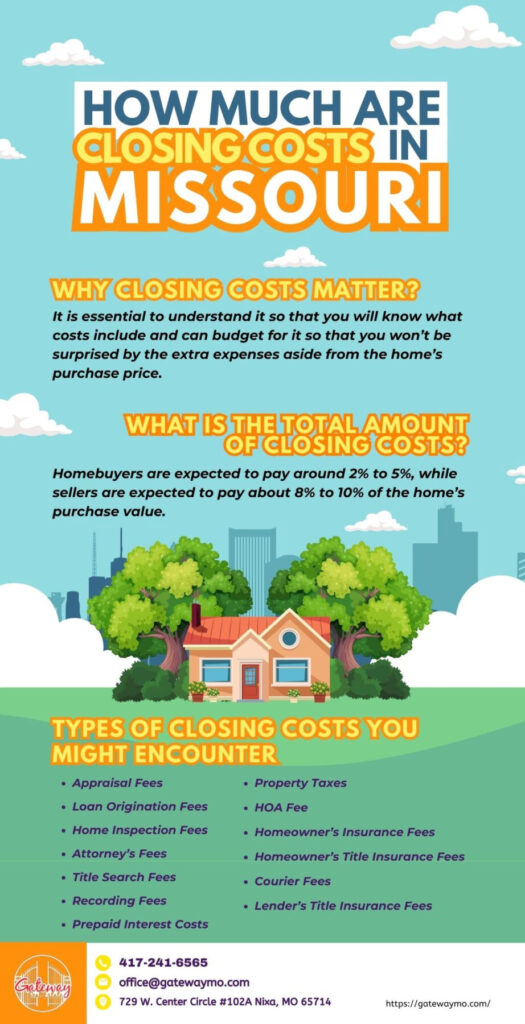
Final Thoughts
Closing costs are essential to seal a real estate deal and get the keys to your dream home. In Missouri, closing costs are relatively low compared to neighboring states, providing a favorable environment for homebuyers.
Preparing for closing costs is essential to setting a realistic budget and avoiding last-minute surprises. It can help you stay financially prepared and prevent problems in completing the transaction. Closing costs can be huge, but buyers can find several ways to reduce them.
Furthermore, partnering with a reliable real estate agent who can advise you and help you with the home-buying process more effectively to make informed decisions is recommended.
If you have questions or want to understand closing costs better, please do not hesitate to get in touch with us! You can reach us by calling 417-241-6565 or sending us a message at office@gatewaymo.com. You can also connect with our team by messaging one of our social media channels below:
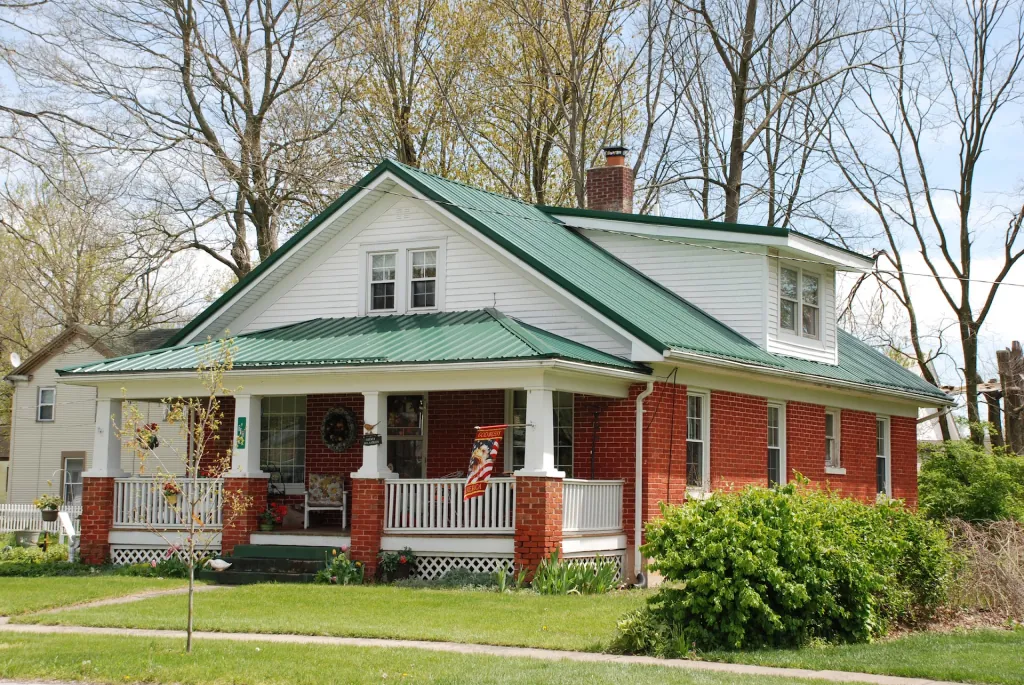
Photo by Roger Starnes Sr on Unsplash
Frequently Asked Questions
What happens if I can’t afford my closing costs?
Failing to pay closing costs can lead to complications in your real estate transaction. The seller can ask the court to make the buyer follow through to buy the property, keep your earnest money deposit, and cancel the sale as compensation for breaking the agreement. The seller can also sue you for damages if you fail to pay the closing cost.
Suppose you can’t afford the closing cost. In that case, there are several ways to help you manage closing costs. You can ask the seller or lender to cover some of your closing costs.
You can also ask for assistance from government agencies such as HUD or FHA that offer a program to help buyers ease their financial burdens and pay expenses associated with closing costs.
How can I find out the exact amount I’ll owe?
When you start applying for a mortgage, after days, the lender will give you a loan estimate that outlines the estimated closing cost. It is only the estimated amount, which can change due to various factors. The exact amount you will pay is on the closing disclosure provided by the lender three days before the closing cost.
Can I roll my closing costs into my mortgage?
Yes, you can roll your closing expenses into your mortgage loan. However, remember that not all lenders will allow you, and requirements can vary depending on the type of mortgage you get. The downside is that you will pay interest on the closing fees, so you’ll pay more for your mortgage in the long run.
Do all buyers pay the same amount in closing costs?
No. The closing cost buyers will pay will vary on several factors, like the loan amount they get, the home’s purchase price, location, and lender.
